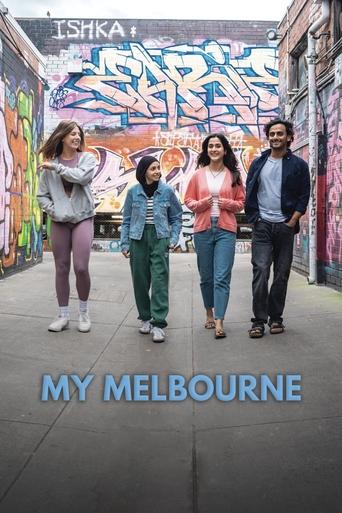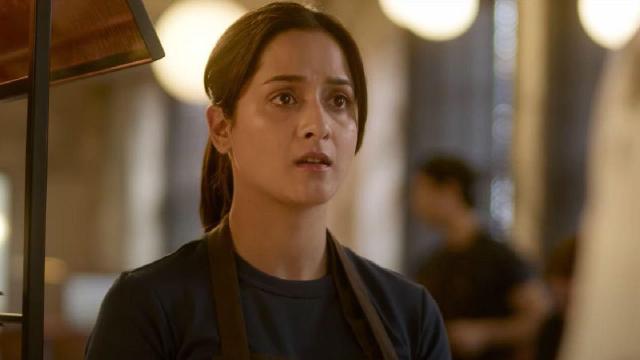
About My Melbourne

| Title: | My Melbourne |
|---|---|
| Original Title: | My Melbourne |
| Plot: | An anthology of four diverse stories about identity and belonging through prism of love and loss, sexuality, marriage and wish to fulfill dreams. |
| Cast: | Arka Das, Arushi Sharma, Kat Stewart, Ryanna Skye Lawson, Jackson Gallagher, Mikhaela Ebony |
| Director: | Onir |
| Cinematography: | Brad Francis |
| Editor: | Irene Dhar Malik |
My Melbourne
Bhawana Somaaya
(for Bhawana Somaaya)
92.7 Big FM

One more anthology
There was a time, a little before Covid, when all filmmakers were making anthologies. These films were usually about common subjects like love and loss. Last week, I watched an unusual anthology titled My Melbourne. Four directors come together to tell you real stories. Shot in Melbourne and featuring women, the stories address gender, sexuality, nationality and disability. The film opens with Nandini directed by Onir and introduces you to Indraneel/ Arks Das and Chris/Jackson Gallagher who live in Australi. Indraneel’s father is visiting them from India because Indraneel and he have to collectively immerse the ashes of Nandini, Indraneel’s mother. It is a difficult time for the father and son but they make an effort to let bygones be bygone.
My Melbourne
Anuj Kumar
The Hindu

‘Setara’ shines in this otherwise insipid multigrain recipe
Directed by Onir, Imtiaz Ali, Rima Das, and Kabir Khan, the anthology weaves together four tales recognising the inclusive culture that the Salad Bowl of Australia promises to uphold
Celebrating the cultural ethos of a city through an anthology is not a new cinematic concept. Over the years, we have watched films etching the spirit of Paris, Tokyo, and Mumbai on celluloid. This week, we have some distinguished names from the Indian film industry collaborating with Australian talent to mark the cultural diversity of Melbourne. Known for their distinct idiom, Onir, Imtiaz Ali, Rima Das, and Kabir Khan map the themes of sexuality, disability, gender, and race, gently emphasising the inclusive nature of the city. Based on real-life stories, the protagonists’ truth touches the emotional buttons without necessarily triggering a wave of reaction. Perhaps the format limits the creative souls from taking leaps of faith and deepening the conflict as in the short form, sometimes the goal becomes more important than the means. The denouement starts knocking at the door before the journey is fully realised.